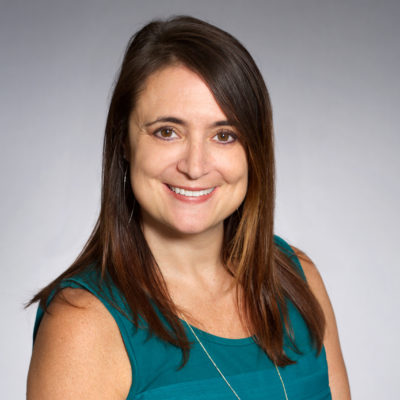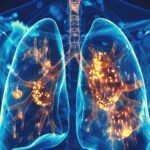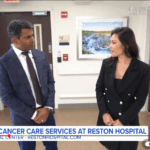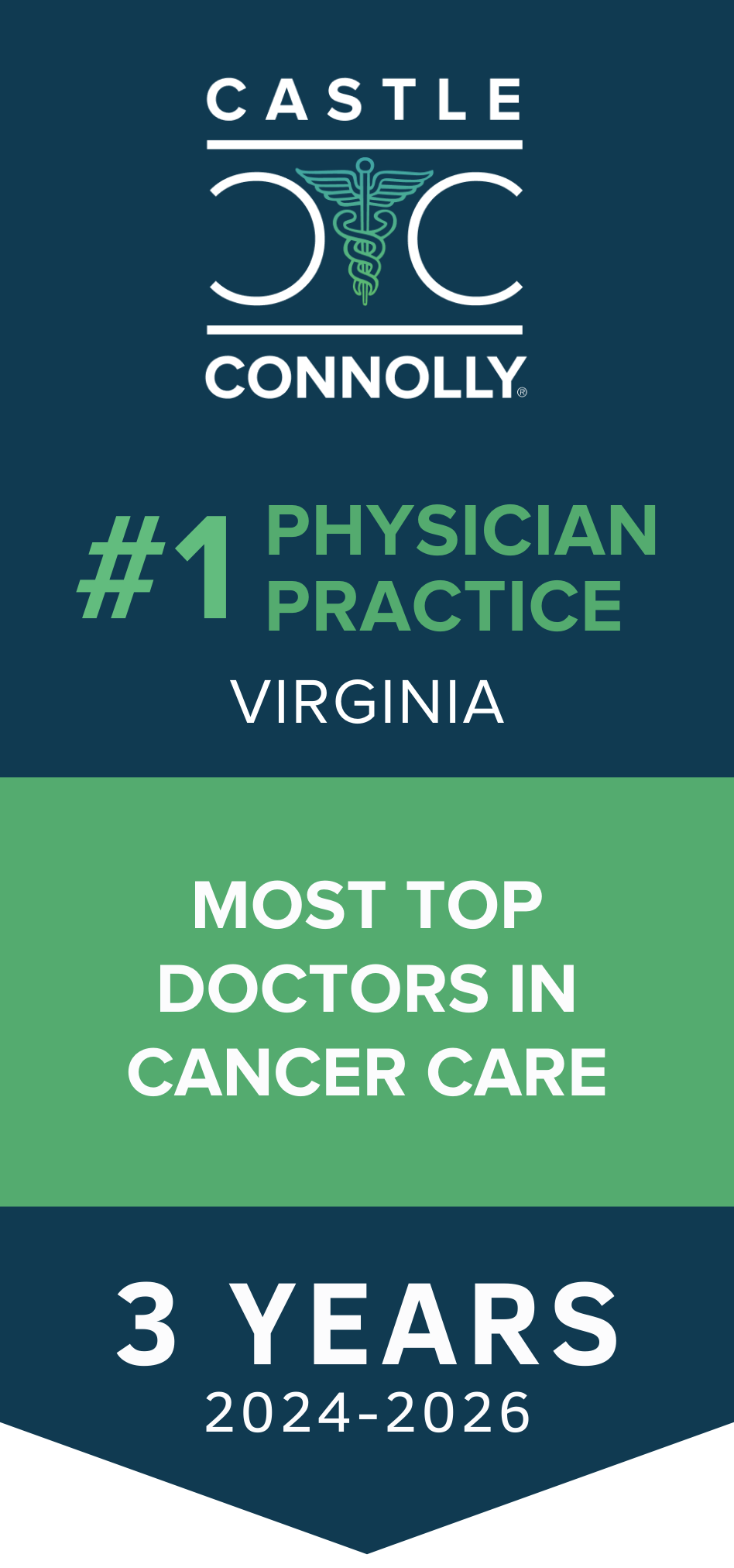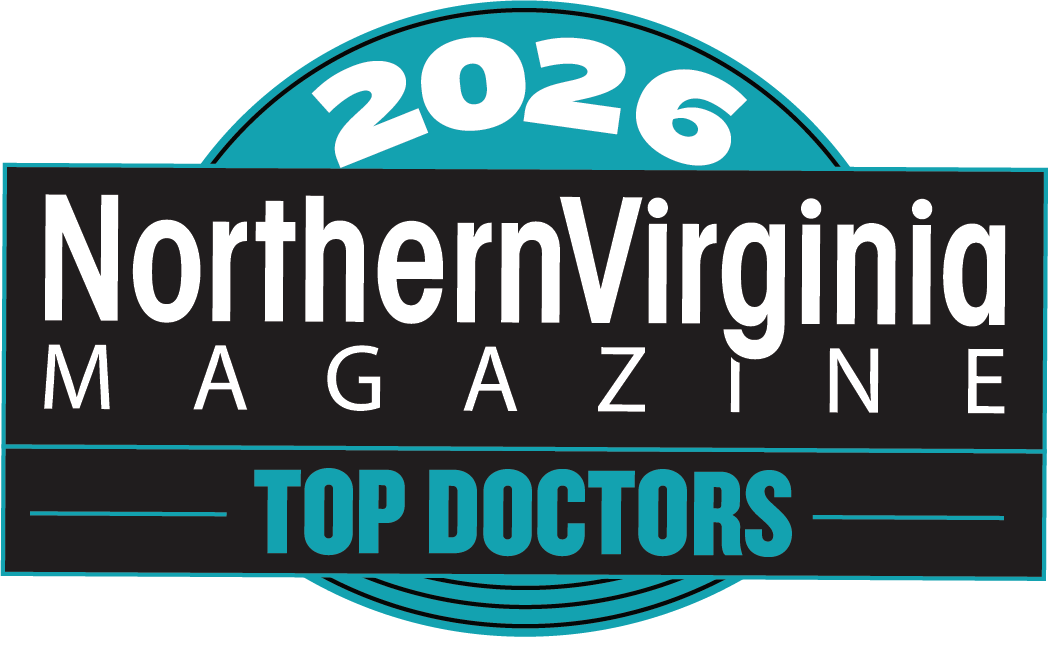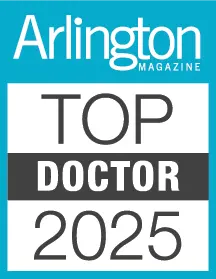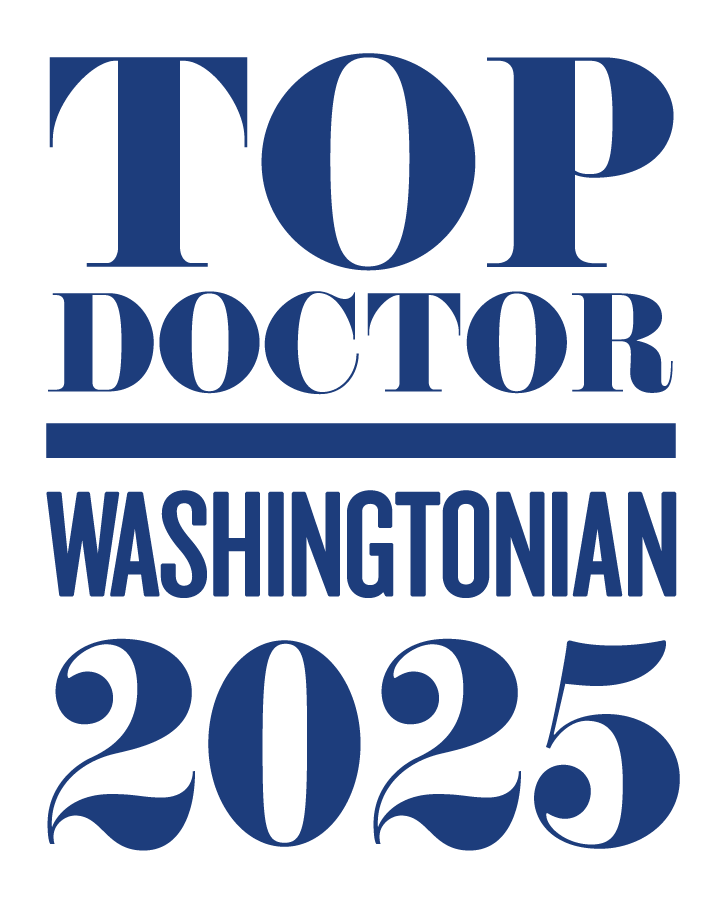
As with many cancers, breast cancer has both genetic and lifestyle components. However, sometimes, it’s difficult to tell what’s true and not true as it relates to preventing and surviving breast cancer, as well as what to do or not do.
In honor of Breast Cancer Awareness Month, the following are five myths and facts about breast cancer.
Myth #1
Breast cancer only affects women.
FACT: While breast cancer is much rarer in men, it is not unheard of. Compared with about 288,000 women diagnosed with breast cancer in 2022, approximately 2,700 men are diagnosed each year. Men have a one in 833 risk of developing breast cancer over the course of their lifetime, compared with one in eight chance among women. With the exception of skin cancer, breast cancer is the most common cancer diagnosed in US women, accounting for approximately one in three new cancer diagnoses in women each year.
Myth #2
If an individual develops breast cancer, it’s directly related to something they did or did not do.
FACT: While there are some behaviors that increase the risk of developing breast cancer (e.g., drinking alcohol, having overweight or obesity, breast implants, some hormonal therapies) and others that decrease the risk (e.g., being physically active, breastfeeding), no one aspect guarantees that an individual will develop breast cancer. An increased or decreased risk of development is just that. Actual development of cancer is based on an individual and intricate combination of genetic, environmental, and lifestyle factors.
Myth #3
Once I have been diagnosed with breast cancer, I can be more or less serious about lifestyle choices.
FACT: There are several lifestyle factors associated with breast cancer survivorship. These include eating a healthy diet with plenty of fruits, vegetables, low-fat dairy, lean protein, and whole grains; being physically active; and abstaining from alcohol. Whether before, during, or after treatment, it’s advisable to follow these healthy behaviors. However, each individual can have a different experience during treatment. If an individual is able to eat healthfully, manage weight, and be physically active during treatment, it’s a good idea to do so – understanding that the goal is progress, not perfection.
Myth #4
The internet is the place to go to find best practices and alternative medicine ideas for the treatment or prevention of breast cancer.
FACT: There is no shortage of “information” on the internet. The question is how much of this information is factual and what is opinion. It’s important to employ critical thinking skills when encountering information online. Be wary of information that sounds too good to be true, is the experience of one or very few individuals, or involves buying or taking supplements (which are not regulated in the same way that medication is). As your medical personnel their opinion on information and/or trends you read about online.
Myth #5
For breast cancer prevention and survivorship, soy foods should be avoided.
FACT:. This is a prominent misconception, based on a misinterpretation of hormones, that has taken on a life of its own on the internet. Soy contains hormone-like substances and, therefore, can cause confusion about its effects on the human body. These substances in soy are not treated like human hormones in the body and, as such, are not detrimental to consume in individuals with hormonally-based cancers. In fact, the intake of soy products may be associated with a reduced risk of reoccurring breast cancer – more science to come on this.
By: Shelley Maniscalco, Registered Dietitian



